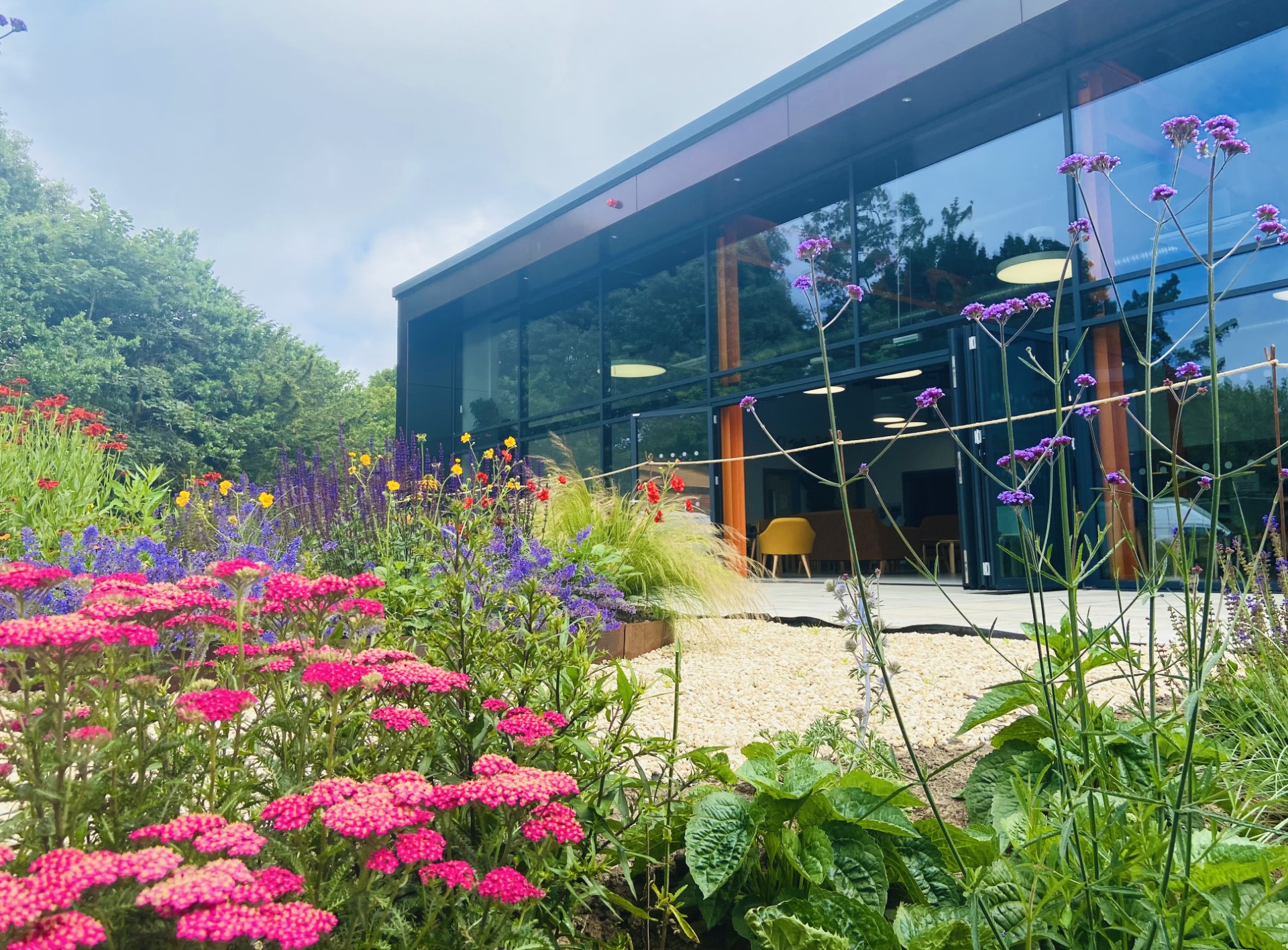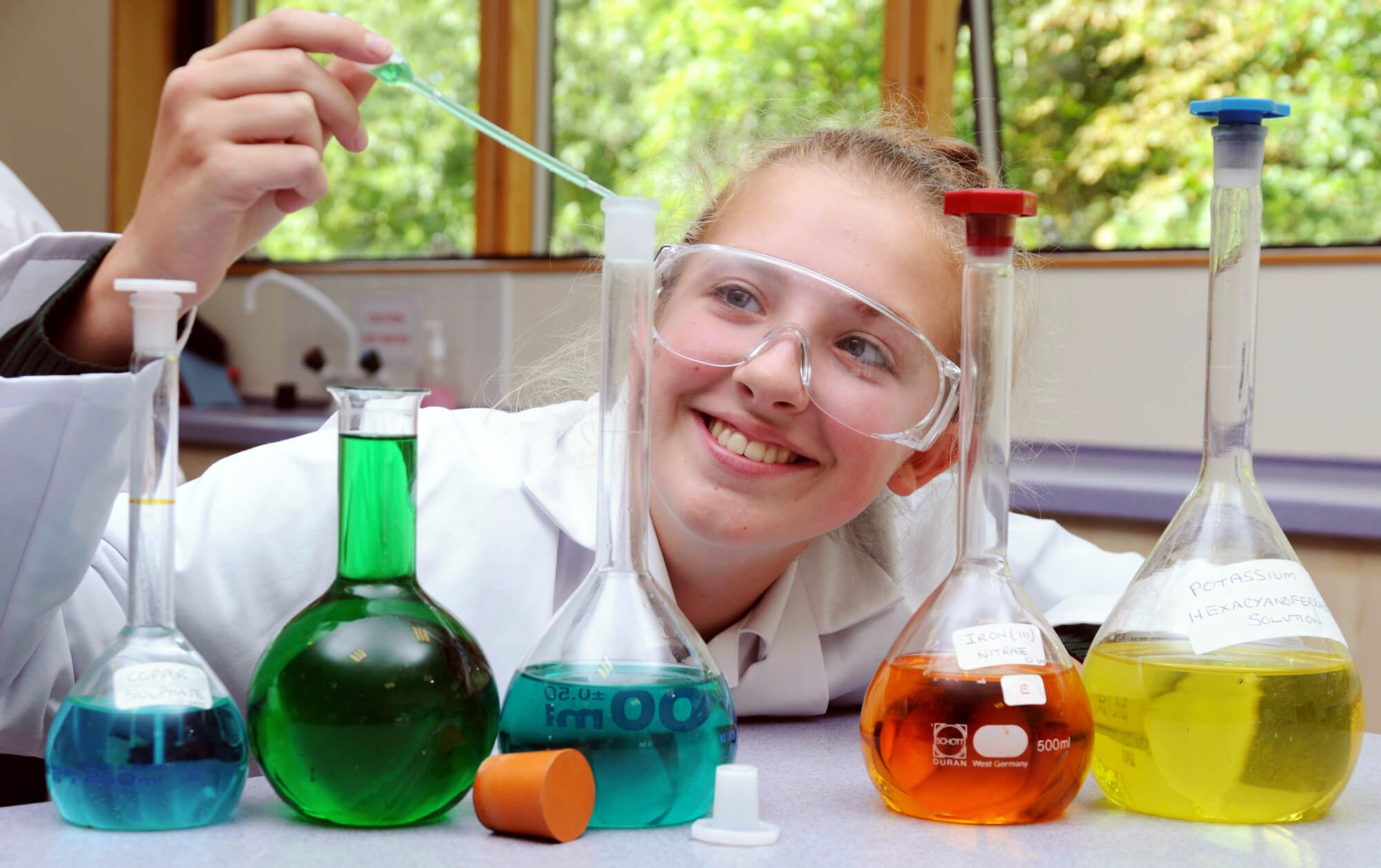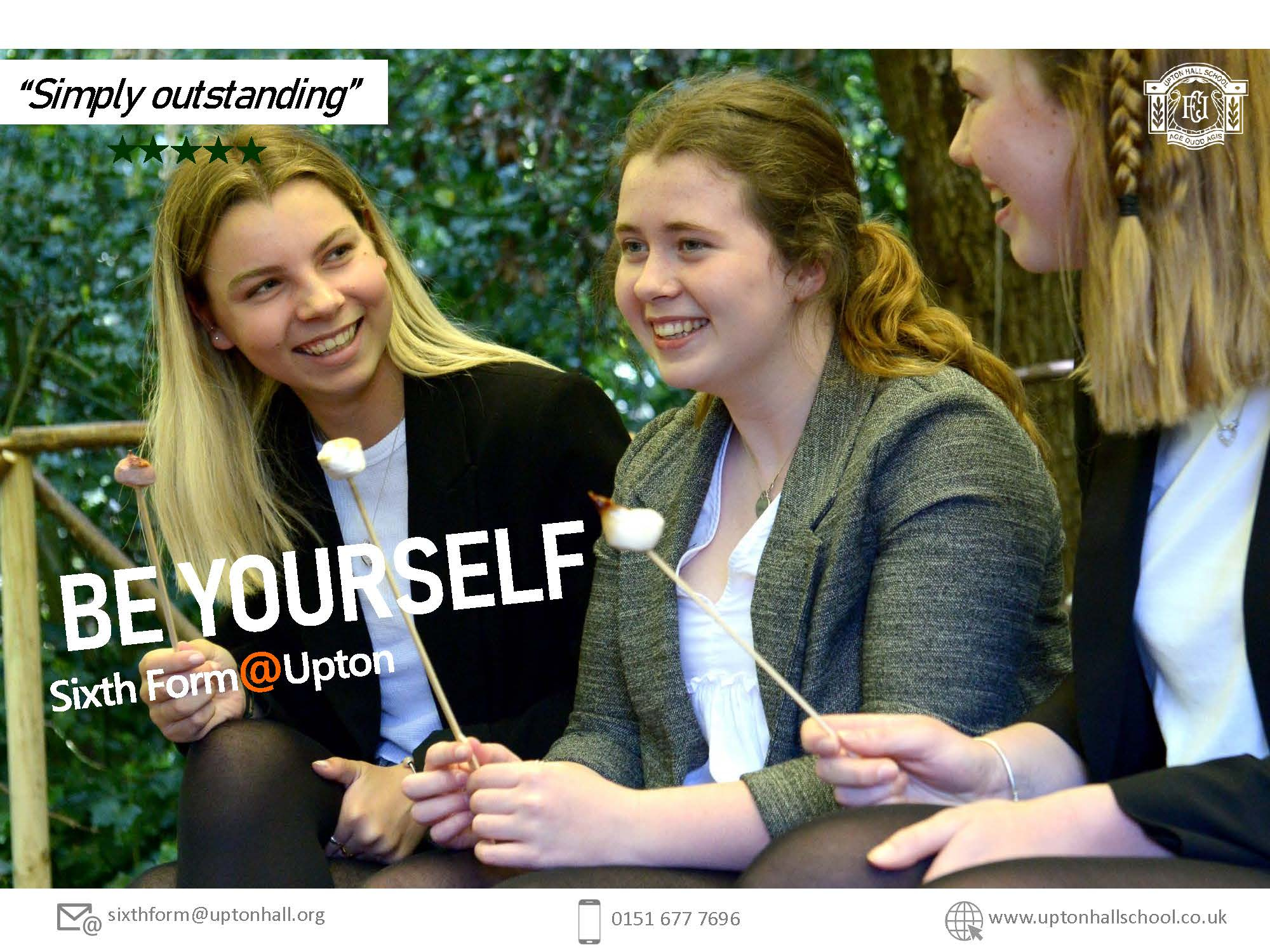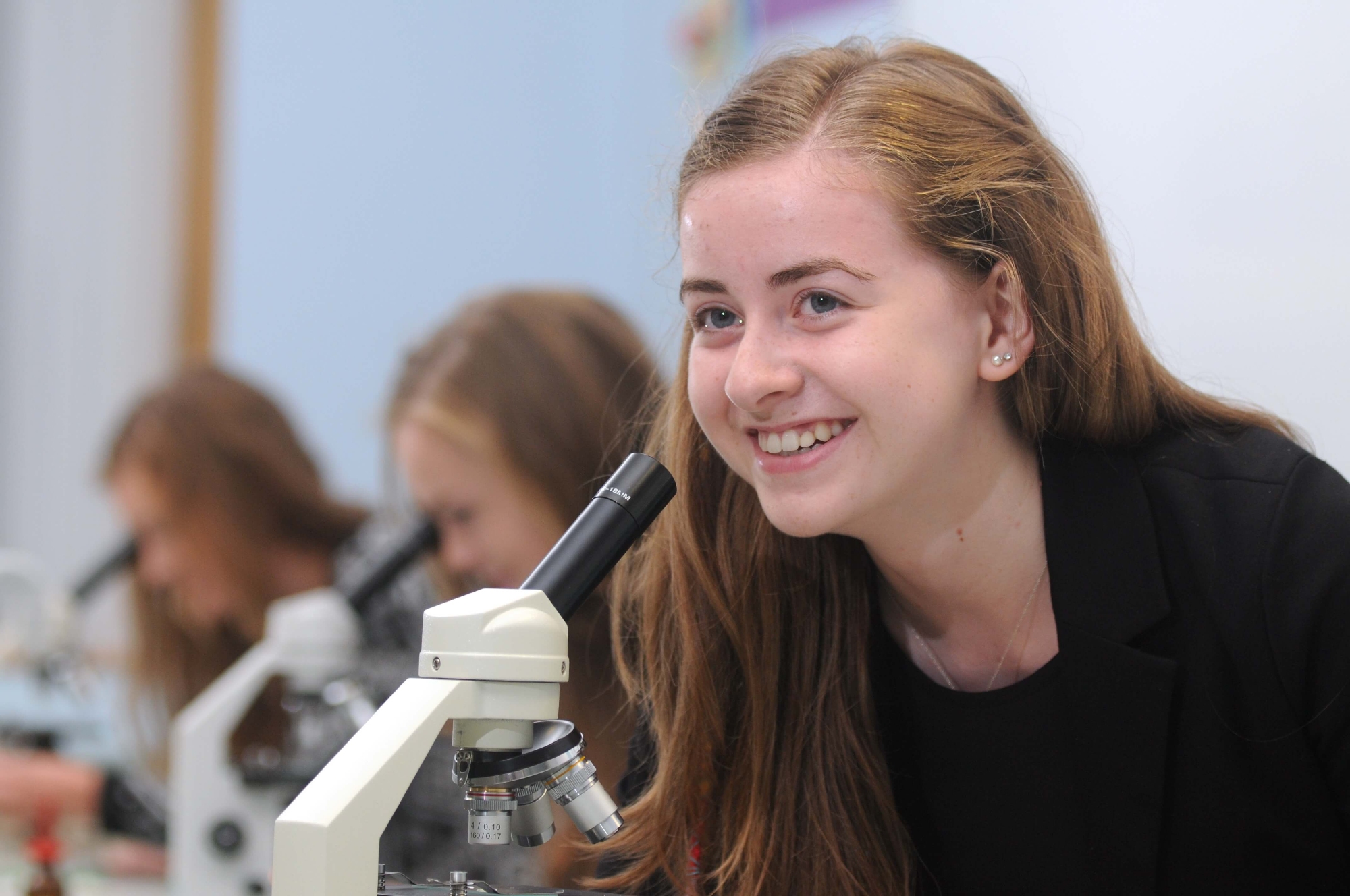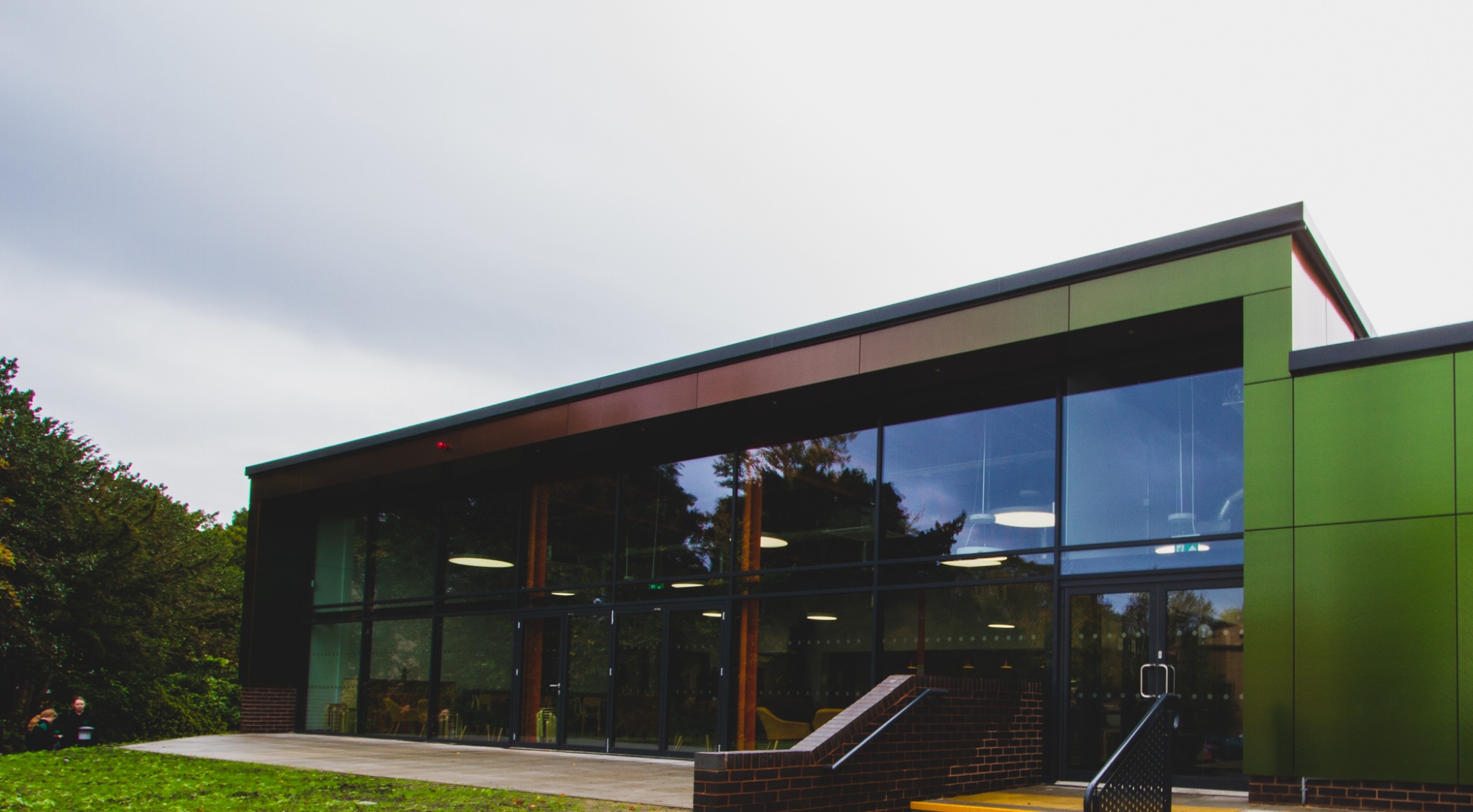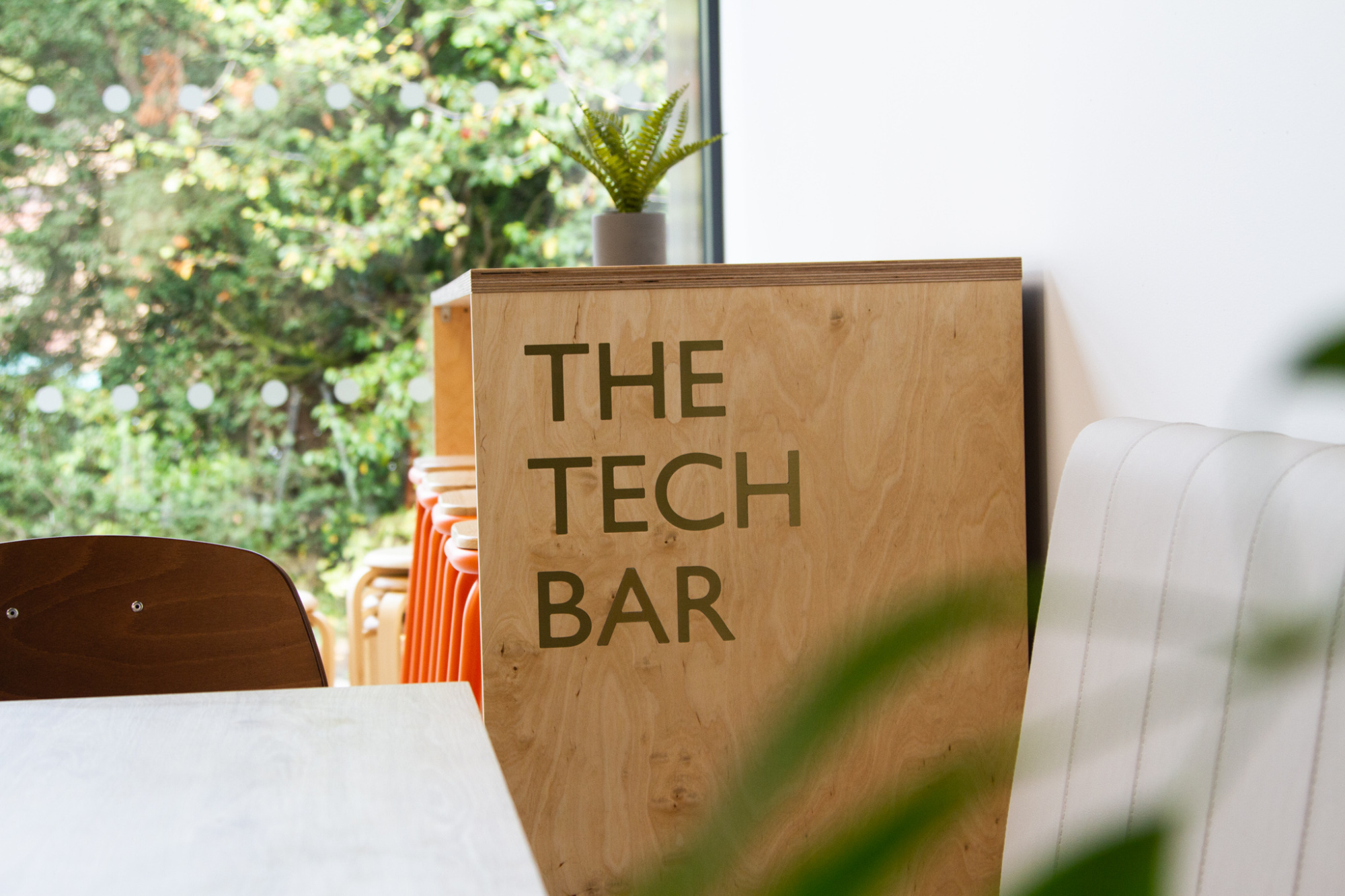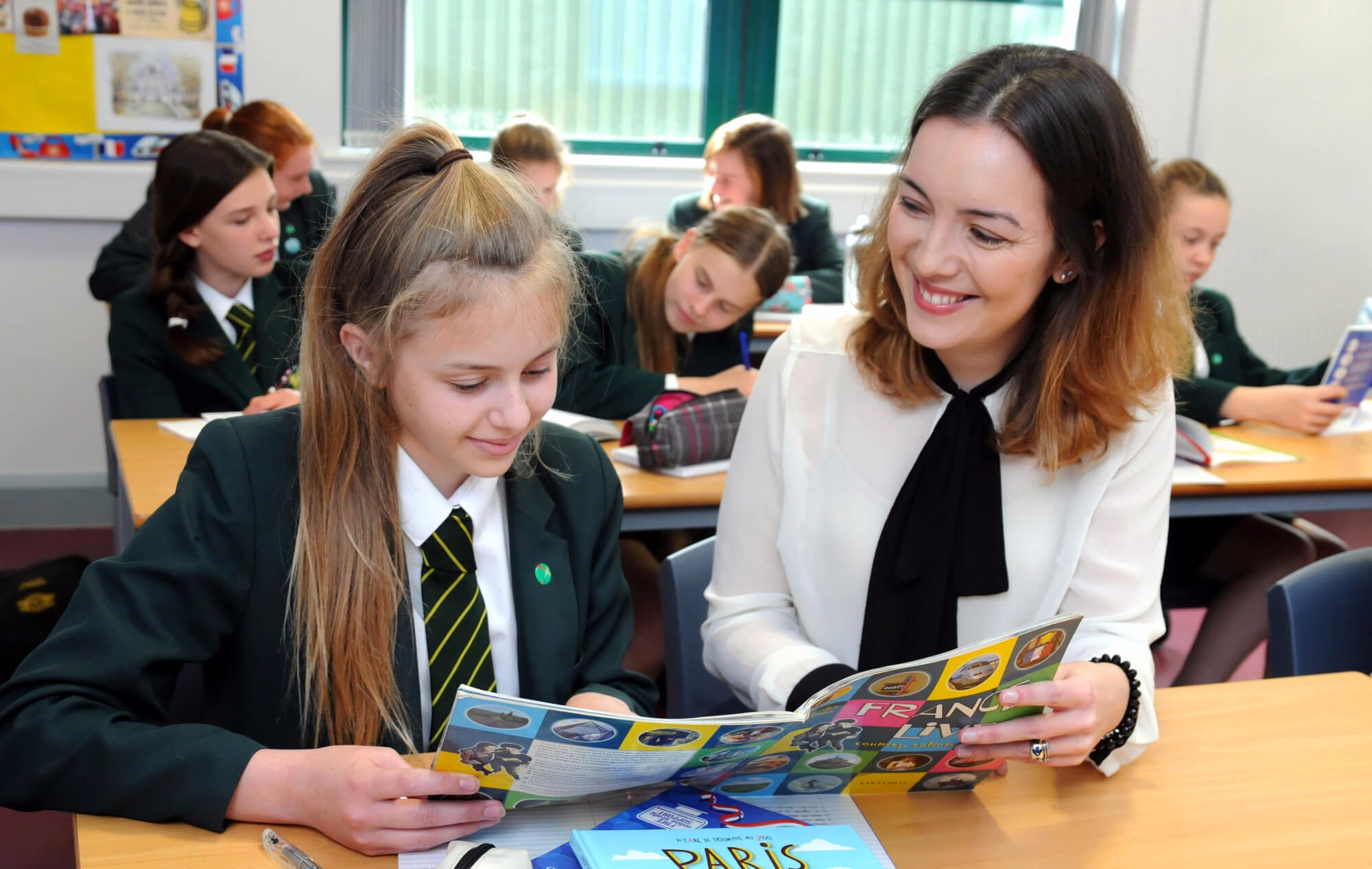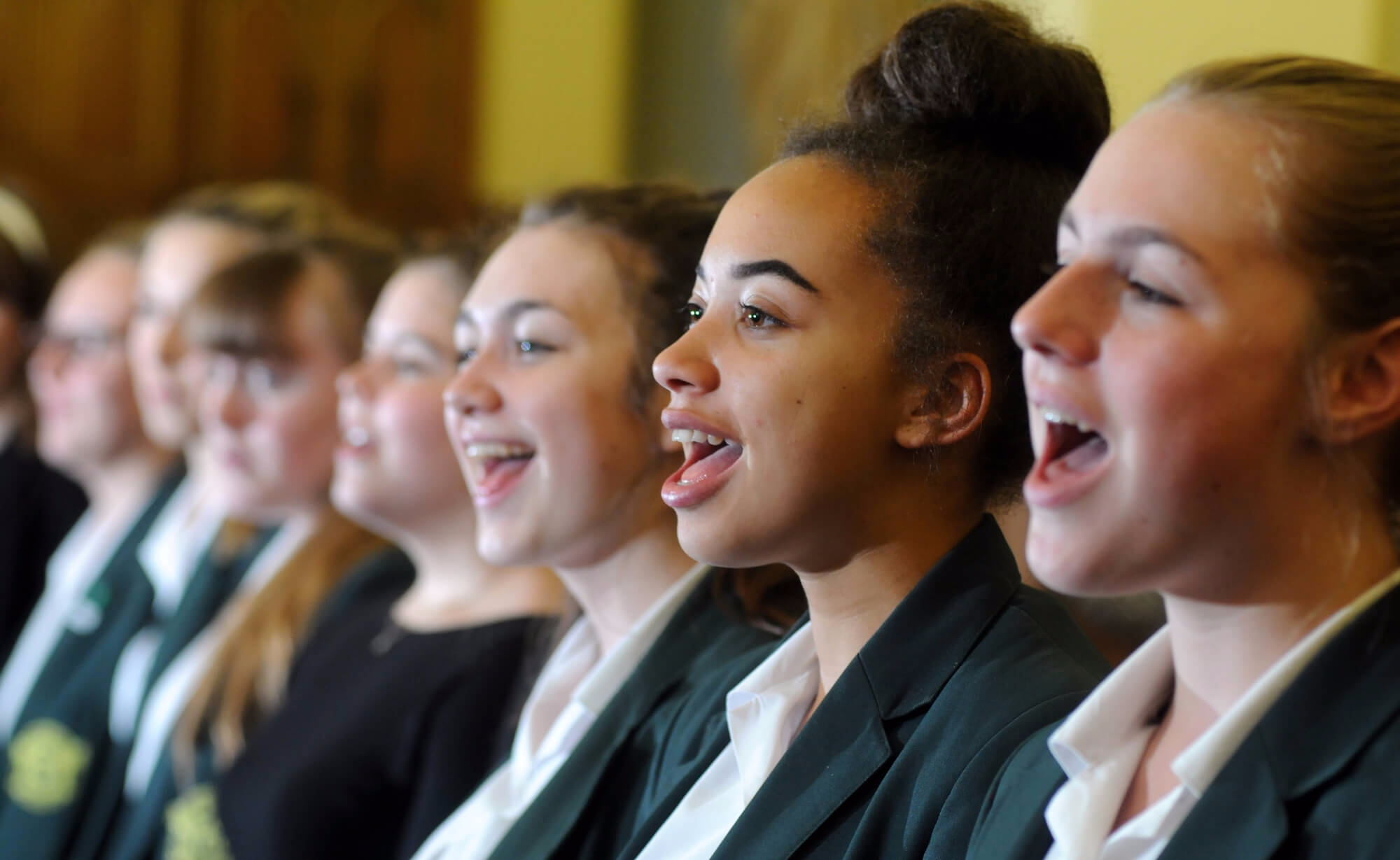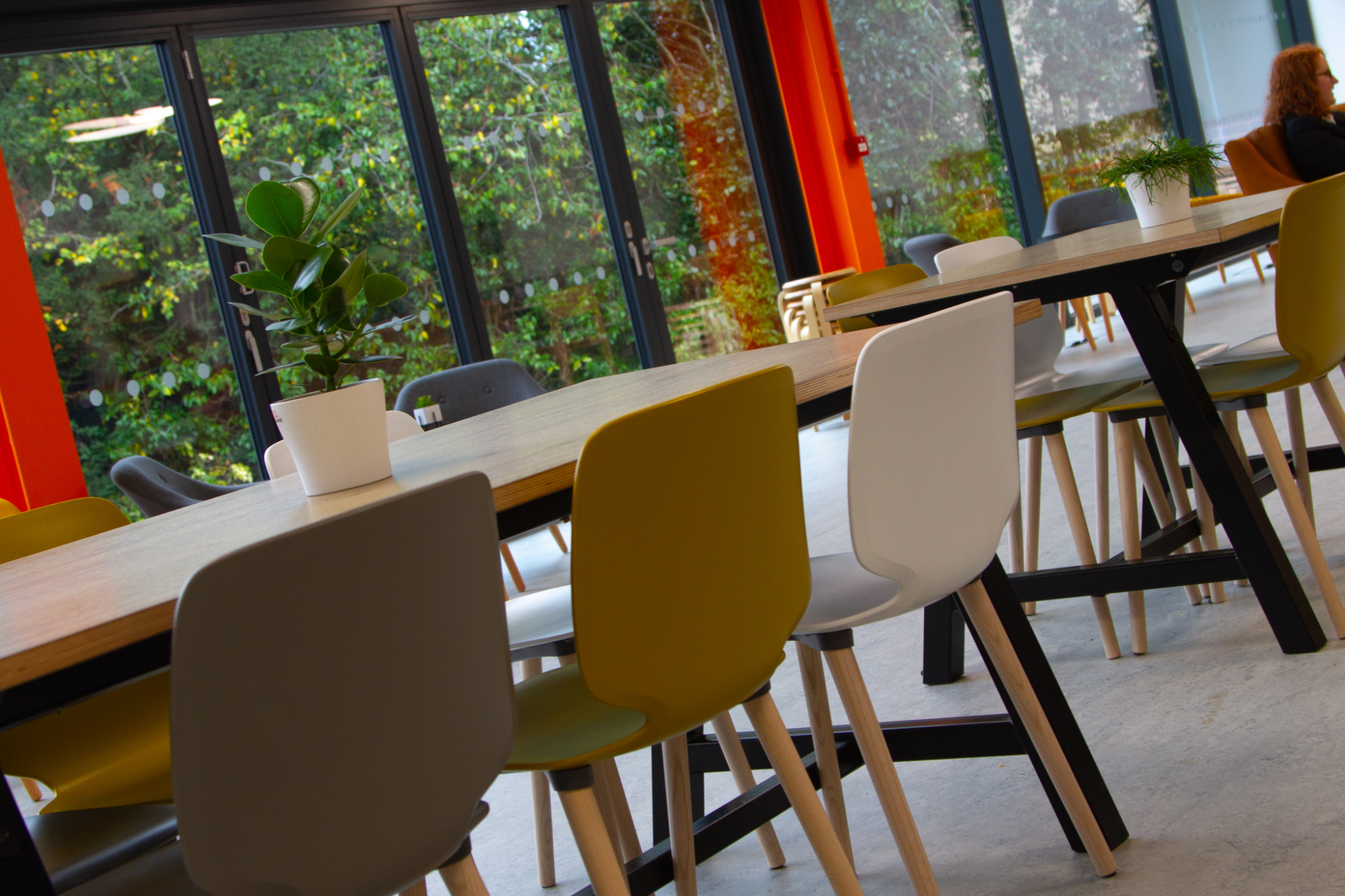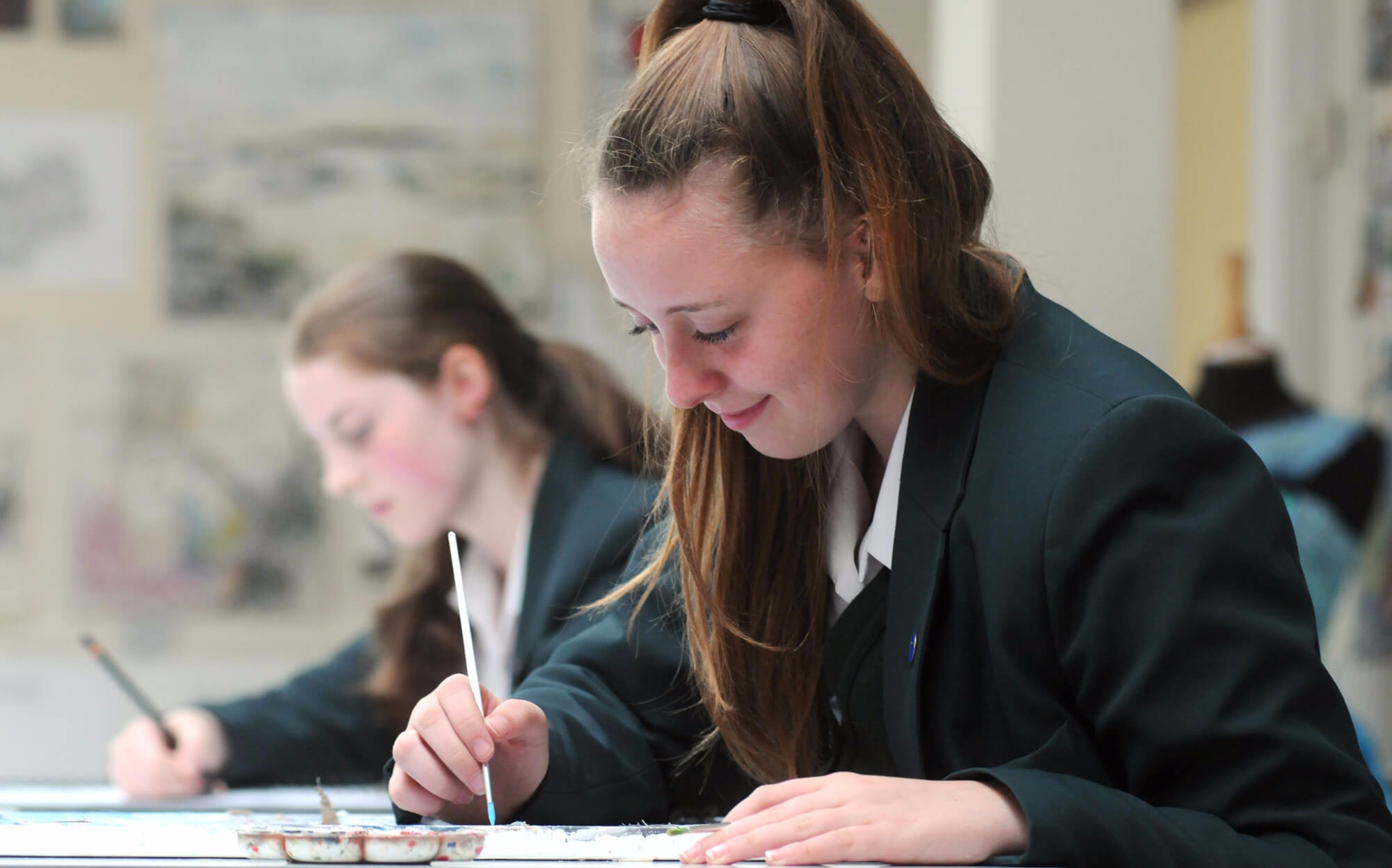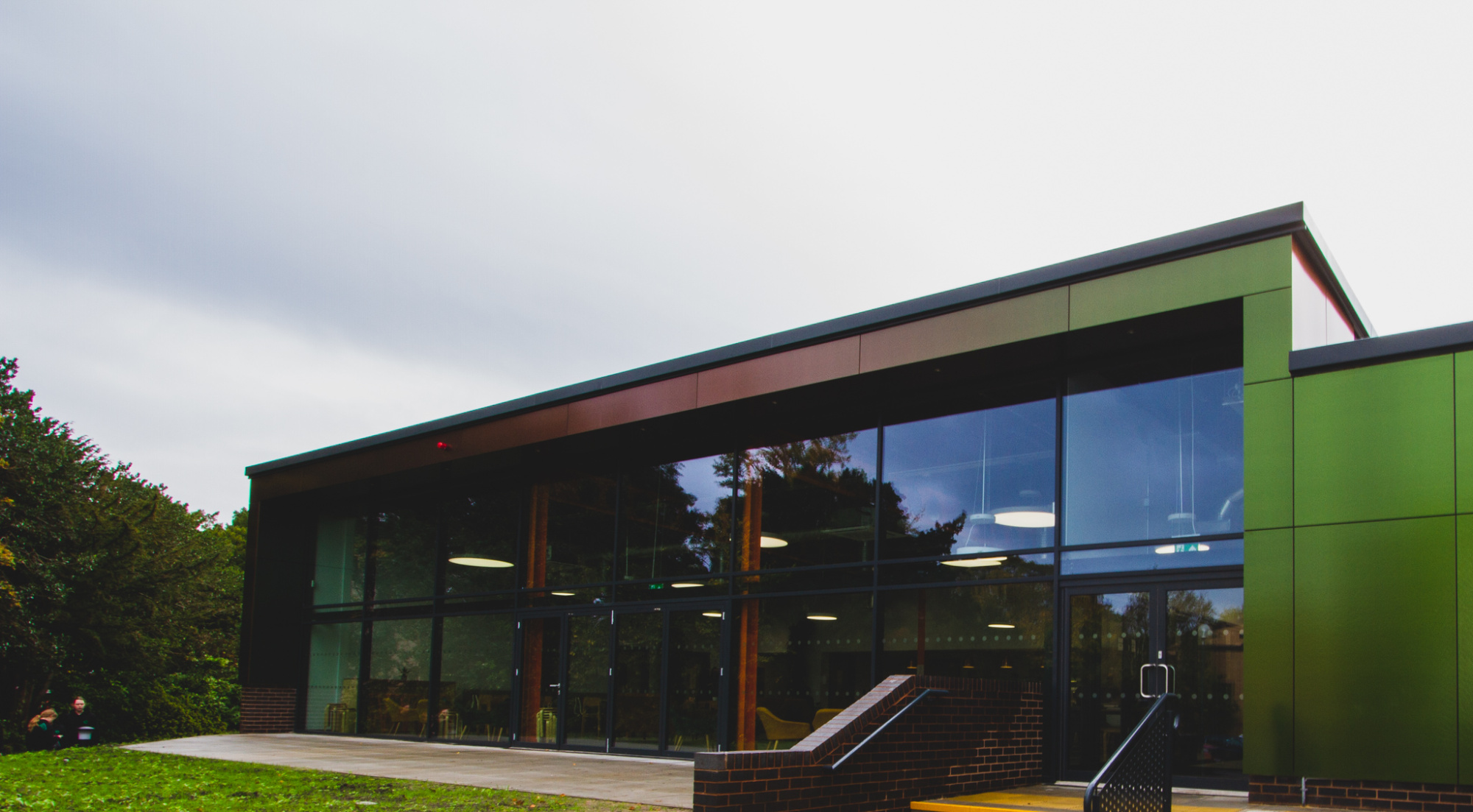Careers Education, Information, Advice and Guidance (CEIAG)
In this section you will find useful information regarding Independent Careers Advice and Guidance. Click on the logo to access the relevant website.
Careers Department
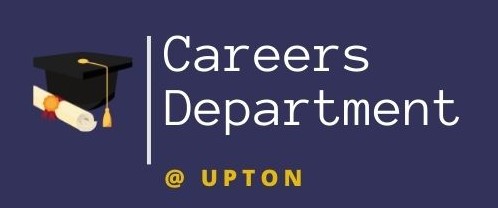
Mrs Kate Douglas
Careers Advisor and Work Experience Co-ordinator
Careers information, advice and guidance features highly on the agenda at Upton Hall School, starting in Year 7 and progressing throughout pupils’ time here.
The careers programme is tailored so that pupils and students receive the relevant career information that is suitable to their age group and stage of education, and we are fully compliant with The Baker Clause. This enables our pupils/students to make an informed choice of career pathway, whether this is to another Post 14 or Post 16 provider, an apprenticeship, university or a School Leaver Scheme. Personalised advice on Higher Education, the UCAS process and how to maximise success in getting onto the most competitive courses, has produced a strong record in enabling students to obtain offers from Oxbridge as well as places for Medicine, Veterinary and Dentistry.
Below is a sample of some of the things we deliver in school. We base our provision on the nationally recognised ‘Gatsby benchmarks’ and, on this page, you will also find an overview of our key performance indicators for quality careers provision across the Key Stages.
Highlights of our Careers programme
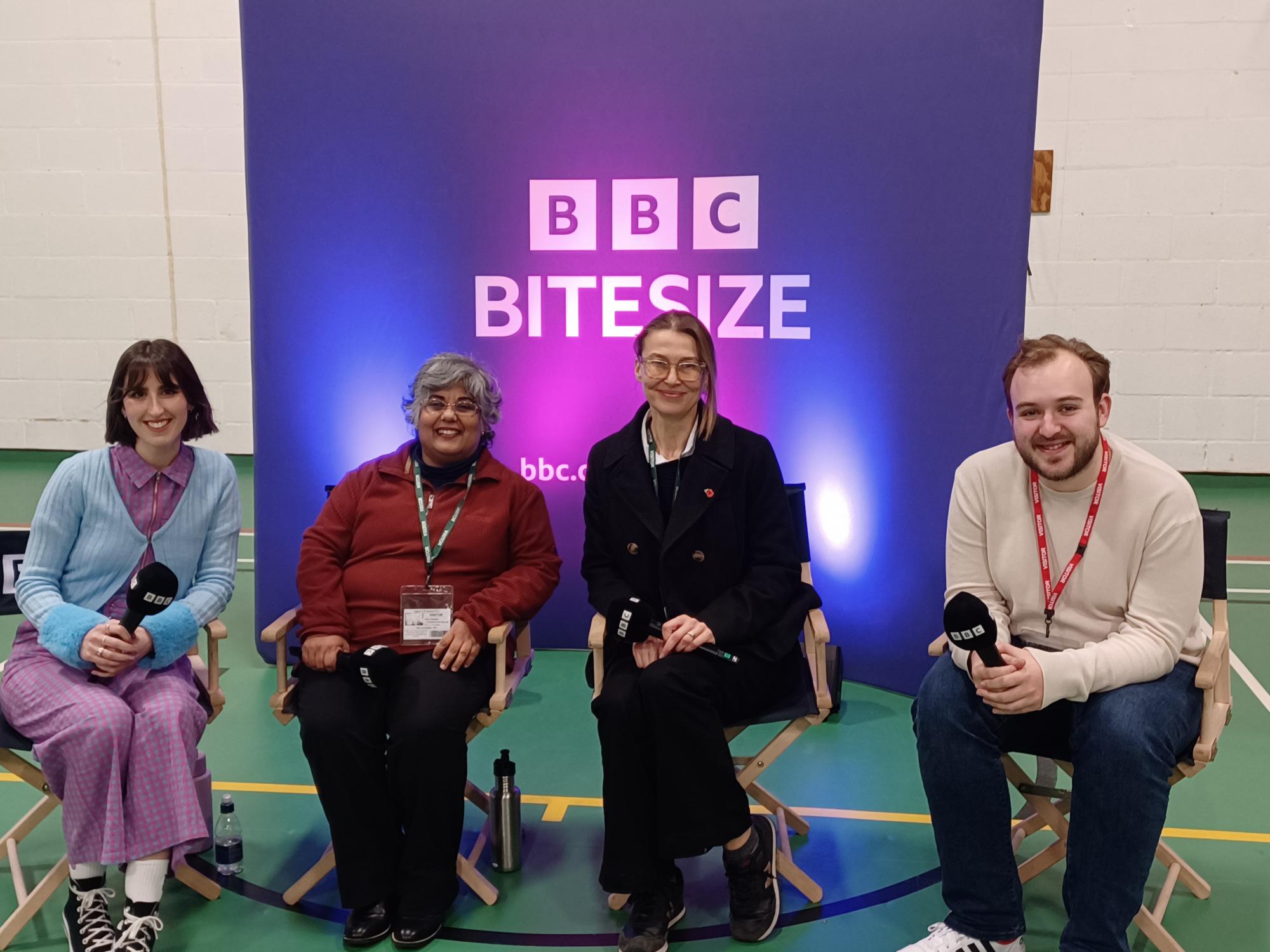
BBC Bitesize Careers Roadshow
In early November, we were very fortunate to host the 2023 BBC Bitesize Careers Roadshow for pupils in Yrs7 - 10. Our school sports hall was turned into a BBC studio with a full sound crew. The theme of the day was ‘creative careers’ and was led by BBC presenter and producer, Emma Robinson. Emma introduced and interviewed three professionals from local businesses (photographer Kirsty Garland, chocolatier and business owner Bala Croman and BBC Sport production assistant Luke Haughton).
During the session, the professionals discussed their day to day activities, their memories of school and the skills and attributes that they felt had helped them to succeed.
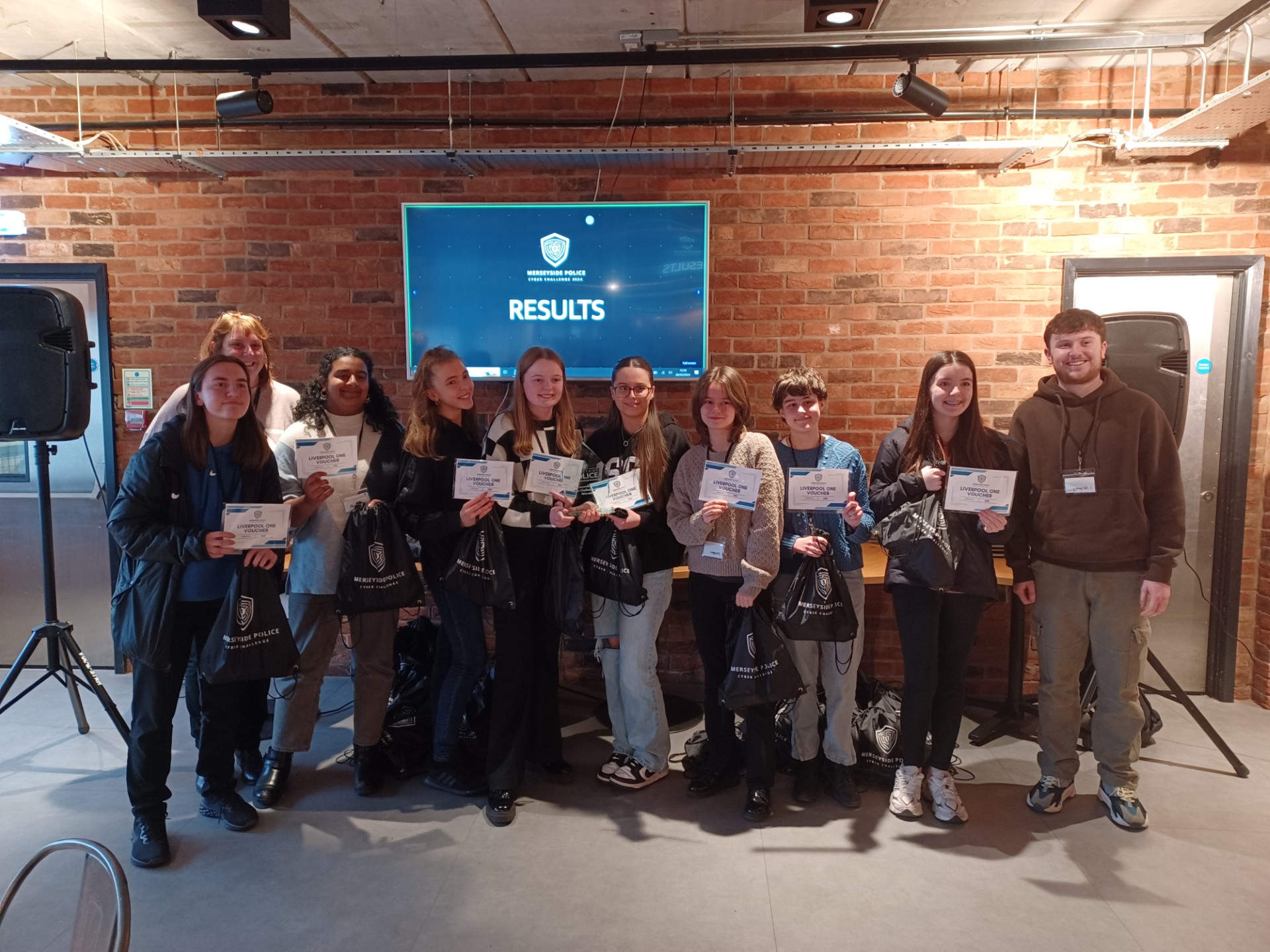
Merseyside Police Cyber Challenge Competition
From an initial competition with over 4000 entries, 8 pupils from Yr13 and Yr11 formed a team for the Merseyside Police Cyber Challenge grand final. The students spent the day working through 8 challenges from building a PC to cyber escape rooms run by different companies, including IBM and CGI. They beat the 10 schools in their age group to be awarded first place. As well as a trophy, they were all presented with Liverpool One shopping vouchers. The day was a fantastic experience and the students were able to visit the connected careers fair to learn about tech and policing careers.
Careers Insights
Every Friday morning girls in Year 11, Year 12 and Year 13 are able to attend talks by careers specialists on a wide range of professions and careers. Examples include speakers from the following industries; journalism, medicine, software engineering, mechanical engineering, costume for theatre and TV, accountancy, higher and degree apprenticeships and nursing.
Careers Fair
We hold a careers fair on a biennial basis inviting employers and higher education representatives. Students from Years 7 to 13 are able to listen to talks from professionals in medicine, dentistry, psychology, research science, veterinary science, law, broadcast journalism, teaching and higher/degree level apprenticeship. In addition to these talks, students have access to employers such as Accenture, KPMG, NHS, Airbus and Unilever, as well as some of the top universities including the Russell Group Universities and degree apprenticeship providers, plus many more.
Work Experience
At Upton Hall we believe that pupils learn valuable employability skills as well as an insight into a particular profession by undertaking work experience in Years 10 and 12. This is undertaken during the summer term and consists of a one week placement for Year 10 and a 3 day placement for Year 12. The Year 12 work experience week tends to be tailored to the career area that the student would like to specialise in.
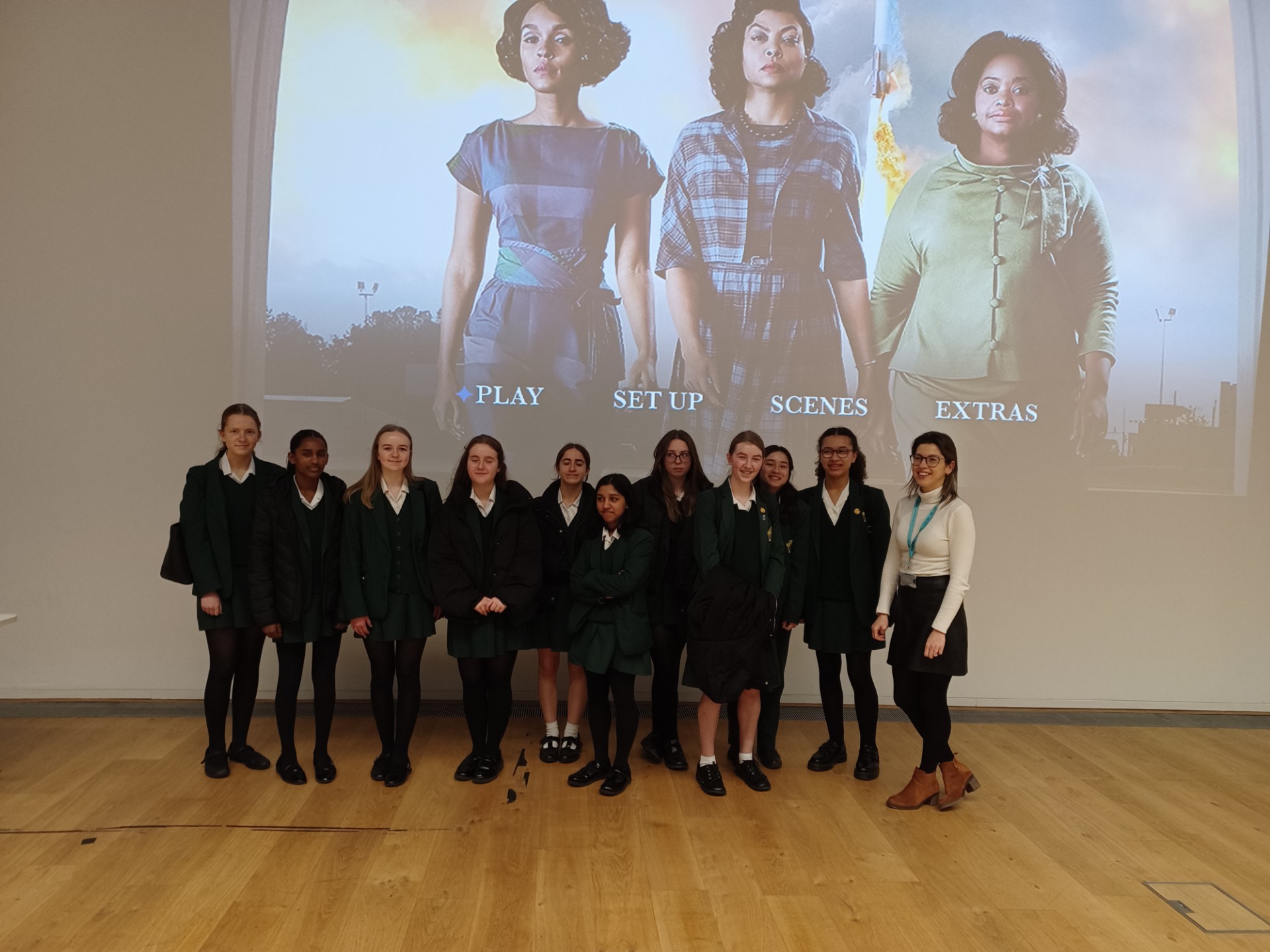
Work Place and University Visits
Employer and university visits form part of our careers programme.
A group of Year 10, Year 11 and Year 12 students have attended several Oxbridge events, raising aspirations and dispelling some of the myths around studying at Oxford and Cambridge. A group of pupils attended an event celebrating National Science Week at Liverpool John Moores University. They heard from various women who are working in STEM careers.
Impartial Careers Advice
Upton Hall School is committed to offering impartial information, advice and guidance to all pupils, parents and staff regarding all the career options
If any pupil, parent or staff member wishes to check the impartiality of any advice they have been given, they may:
Contact National Careers Service
Call 0800 100 900 or use webchat.
You can also contact them in other ways, including sending them an online message or post
Alternatively, they can contact the professional career practitioner and CEIAG Coordinator at Co-op Academy Bebington carol.fardoe.@coopacademies.co.uk
‘Gatsby Benchmarks’ at Upton Hall School
The nationally recognised ‘Gatsby benchmarks’ of careers education are used by the school as a basis for setting our careers and employability strategy. Expected key performance indicators (KPIs) are provided below for each key stage; the expectation is that the careers provision should have enabled students to achieve these by the end of each key stage.
This is based on the premise that every school and college should have an embedded programme of careers education and guidance that is known and understood by pupils, parents, teachers and governors (Gatsby benchmark 1).
Click here for the Careers & Employability Strategy 2024-2025
Click here for the Upton Hall Careers Programme Year 7 - Sixth Form
Click here for the Upton Hall Careers Policy
Click here for the Provider Access Policy
Click here for Learning Options Information for pupils and students in Year 9, Year 11 and Year13
|
Gatsby Benchmarks (2-7) |
Detail |
Lower School (KS3) |
Upper School (KS4) |
Sixth Form (KS5) |
|
|
|
KPIs |
KPIs |
KPIs |
| 2. Learning from career and labour market information |
Learning from career and labour market information |
Describe how the world of work is changing and be able to identify the skills that promote employability. Be aware of what job and labour market information (LMI) is and how it can help inform future career plans
|
Be aware of what job and labour market information (LMI) is and how it can help inform future career plans. Be able to access relevant information and make critical use of a range of sources to explain how careers are changing |
Draw conclusions from researching and evaluating relevant job and labour market information (LMI) to support future plans |
|
3. Addressing the needs of each pupil |
Pupils have different career guidance needs at different stages. Opportunities for advice and support need to be tailored to the needs of each pupil. A school’s careers programme should embed equality and diversity considerations throughout. |
Ensure access to a progressive careers programme ensuring guidance is tailored so pupils are able to make timely, informed decisions about their option plans
Undertake a realistic self assessment of their qualities, aptitudes and abilities and identify areas for development. Build self confidence and develop a positive self image.
Show an understanding of the importance of personal budgeting, money management.
|
Ensure access to a progressive careers programme ensuring guidance is tailored so pupils are able to make timely, informed decisions about the options available to them after Yr11
Know the attributes, skills and knowledge they should possess to ensure they have the employability skills to enable them to be effective in the workplace and of benefit to their employer and the wider economy
Show an understanding of wages, taxes, credit, debt and financial risk.
Advice about apprenticeship and FE applications and CV preparation
|
Ensure access to a progressive careers programme ensuring guidance is tailored so pupils are able to make timely, informed decisions about the options available to them after A ‘levels.
Make the most of support networks including making effective use of impartial careers information, advice and guidance and be able to demonstrate that they have acquired and developed the skills needed to improve employability. Be able to translate their achievements, into skills and qualities that employers seek. All pupils will receive advice about interview technique, competitive HE applications and CV preparation.
Show an understanding of cost of living, student finance, pensions and budgeting for independent living. |
|
4. Linking curriculum learning to careers |
All teachers should link curriculum learning with careers. STEM subject teachers should highlight the relevance of STEM subjects for a wide range of future career paths. |
Ensure pupils are aware of the value of English and maths, the diversity of science, technology, engineering and mathematics (STEM) careers. Pupils are aware of the opportunities afforded by prestigious universities for pupils from all backgrounds and the potential for apprenticeships to offer a high‑calibre route into employment. |
Pupils learn about careers and the world of work and are able to match their skills, interests, learning styles and values to requirements and realistic opportunities in learning and work. Pupils are able to plan their post-16 subject choices to enable them to achieve their career aspirations. They are clear about he links between post-16 options and further study/careers.
|
Pupils are able to see how a subject links to a career through:
|
|
5. Encounters with employers and employees |
Every pupil should have multiple opportunities to learn from employers about work, employment and the skills that are valued in the workplace. This can be through a range of enrichment activities including visiting speakers, mentoring and enterprise schemes. |
All pupils will have had the opportunity to attend the biennial careers fair, attending talks from universities, apprenticeship providers, employers and companies offering school leaver schemes. Students are given the opportunity to explore career ideas through face‑to‑face discussions with a range of people including role models and inspiring individuals and alumni from universities and colleges.
Pupils will have the opportunity to increase their awareness of ‘new careers’, for example those in the field of computer science/programming. |
All pupils will have had the opportunity to attend career insight events on a weekly basis showcasing a wide range of careers and delivered by local employers and specialists in a particular field. In turn inspiring them to think more broadly and ambitiously about future education and career options through sustained and varied contacts with a range of employers, careers advisers, coaches, alumni and other high‑achieving individuals.
|
All pupils will have had access to a wide range of employers by attendance at career insight events, weekly enrichment activities and enrichment speakers. |
|
6. Experiences of workplaces |
Every pupil should have first-hand experiences of the workplace through work visits, work shadowing and/or work experience to help their exploration of career opportunities, and expand their networks. |
|
All Yr10 pupils will have spent one week in the workplace to help raise aspirations, and give students an experience of the world of work. They will have had the opportunity to demonstrate and develop their own employability skills. |
All Yr12 pupils will have had the opportunity to take part in a work experience placement, where possible linked directly to their future career plans. |
|
7. Encounters with further and higher education |
All pupils should understand the full range of learning opportunities that are available to them. This includes both academic and vocational routes and learning in schools, colleges, universities and in the workplace. |
All pupils will be aware of the learning pathways available to them and impartial guidance given on career progression routes. |
All pupils will have had the opportunity to attend the biennial careers fair, attending talks from universities, further education establishments, apprenticeship providers, employers and companies offering apprenticeships and school leaver schemes.
All students progressing to the Sixth Form will engage with at least one HE presentation and one apprenticeship presentation delivered by external institutions on their Pre-Induction Day. |
All pupils will have attended workshops and presentations from a wide range of universities and apprenticeship providers throughout the year and as an integral part of the annual Futures Week.
|
|
8. Personal guidance |
Every pupil should have opportunities for guidance interviews with a career adviser, who could be internal (a member of school staff) or external, provided they are trained to an appropriate level. These should be available whenever significant study or career choices are being made. They should be expected for all pupils but should be timed to meet their individual needs. |
Careers Adviser is available for 1: 1 interviews and in group discussions at key transition stages.
The Careers Adviser prepares PSHE lessons for delivery by form tutors to ensure quality of content in each year of this key stage. |
All Year 11 students will meet with the Careers Adviser during the Autumn term for a 1:1 guidance interview to discuss career plans for after Yr11. This includes higher Education, further education, moving to another L3 provider, school leaver schemes and apprenticeship advice (advanced and higher).
The Careers Adviser prepares PSHE lessons for delivery by form tutors to ensure quality of content in each year of this key stage. |
All Yr12 & Yr13 students have the opportunity to meet with the Careers Adviser either on a self referral basis or through referrals from staff.
The Careers Adviser prepares PSHE lessons for delivery by form tutors to ensure quality of content in each year of this key stage. |
Useful Careers Websites
University
UCAS – Whatever course you’re aiming for, find out about the different requirements needed to take you there
The Russell Group – Represents 24 leading universities, source of careers information & advice including ‘informed choices’ a downloadable guide to making post 16 choices.
Unifrog - Unifrog is an interactive online tool that supports pupils in making careers decisions, comparing university courses in the UK and abroad, finding apprenticeships and accessing other training
Student Finance
Student Finance – How and when to apply
Apprenticeships
Find an Apprenticeship – Search and apply for apprenticeship vacancies
www.gov.uk/apply-apprenticeship
The Apprenticeship Guide – The definitive guide to apprenticeships. Help to choose an apprenticeship by industry sector, school subject or interest.
www.apprenticeshipguide.co.uk/
Rate My Apprenticeship – Comprehensive information and a range of resources
https://www.ratemyapprenticeship.co.uk/
Career Advice
Prospects – Looking for that perfect career? Guidance for students to make the right choice. Match your skills and personality to 400+ job profiles.
Career Pilot – Plan your study & work. Your choices at 14, 16 and 18, routes to different qualifications and job sectors. Career tools to help you decide.
Success At School – Gives clear and comprehensive information about a range of Career Zones (sectors), in an easy to access format. Students can create a profile to help to collate useful information. ’60 second interviews’ giving profile of professionals, provide a useful insight into specific careers.
How 2 Become – Offers detailed advice on how to access a range of sectors. Also offers the purchase of resources, compiled in conjunction with professionals working in these fields, designed to enable you to achieve your dream career or course.
National Careers Service - Government’s hub for careers advice for people of all ages where you can find help with drafting letters, CVs, exploring your skills or seeking careers advice.
nationalcareersservice.direct.gov.uk
Careers Box – Video based job profile information and skills explorer tool.
I Could – Aims to help you to make the most of your potential by showing how others have used theirs, take the ‘Buzz’ personality profile quiz.
Labour Market Information – The LMI for All portal provides high quality, reliable labour market information (LMI) to inform career decisions.
Linking School Subjects to Careers
https://www.careerwave.co.uk/useful-career-resources-by-subject-area/
Information for Parents
A Parent’s Guide to Apprenticeships
Apprenticeships for Parents and Carers
A Parent’s Guide to University -undergraduate-advice-parents-and-guardians.
Informed Choices – Use Informed Choices to help understand which subjects open up different degrees, particularly at Russell Group universities.
Choices at 16 – What are the options for my daughter or son, post 16?
https://careerpilot.org.uk/parent-zone/all-questions/what-are-the-choices-for-my-child-at-16
Local Labour Market Information
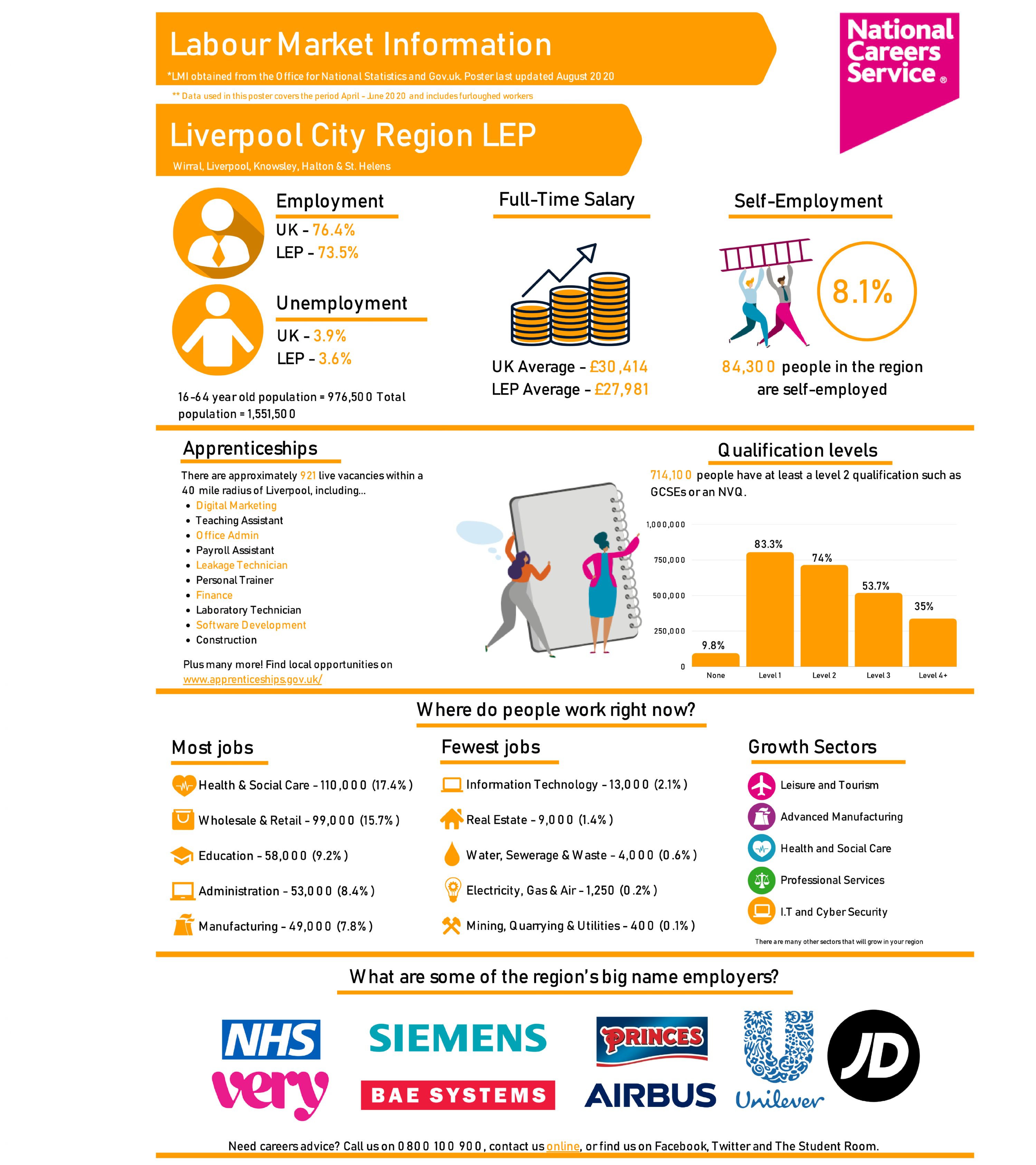
Information for Employers
Upton Hall School is committed to providing the best possible work related experiences for our pupils and students. We invite careers speakers in each Friday morning to give Yr11 – Yr13 pupils a taster of different careers. We also invite in employers to help with delivering employability skills, mock interviews for university, apprenticeships and employment and to develop students’ knowledge around Labour Market Information (LMI) and career paths. Pupils in Yr10 and Yr12 undertake a work experience placement during the summer term.
If you are an employer and would like to get involved in any of the above, or our biennial careers fair, please email kdouglas@uptonhall.org
Information for Teachers
Please see the school VLE
Destination Data
Year 13 Destinations 2021
Out of a cohort of 102 students, 33 went on to study at Russell Group Universities, 58 went on to study at other universities, 1 student went on to an apprenticeship and 10 students decided to have a gap year with a view to applying to university in 2022.
Year 11 Destinations 2021
Out of a cohort of 157 pupils, 106 remained at Upton Hall, 50 moved to another level 3 provider and 1 pupil went on to an apprenticeship
Year 13 Destinations 2022
Out of a cohort of 99 students, 26 went on to study at Russell Group Universities, 55 went on to study at other universities, 1 student went on to study an apprenticeship, 1 pupil went into employment and 16 students decided to have a gap year with a view to applying to university in 2023
Year 11 Destinations 2022
Out of a cohort of 151 pupils, 109 remained at Upton Hall, 39 moved to another level 3 provider and 1 pupil went on to an apprenticeship, 1 pupil emigrated, 1 pupil took a gap year
Year 13 Destinations 2023
Out of a cohort of 105 students, 40 went on to study at Russell Group Universities, 46 went on to study at other universities, 5 students went on to an apprenticeship, and 14 students decided to have a gap year with a view to applying to university in 2024.
Year 11 Destinations 2023
Out of a cohort of 151 pupils, 98 remained at Upton Hall, 52 moved to another level 3 provider and 1 pupil went on to an apprenticeship and 1 pupil took a gap year.

